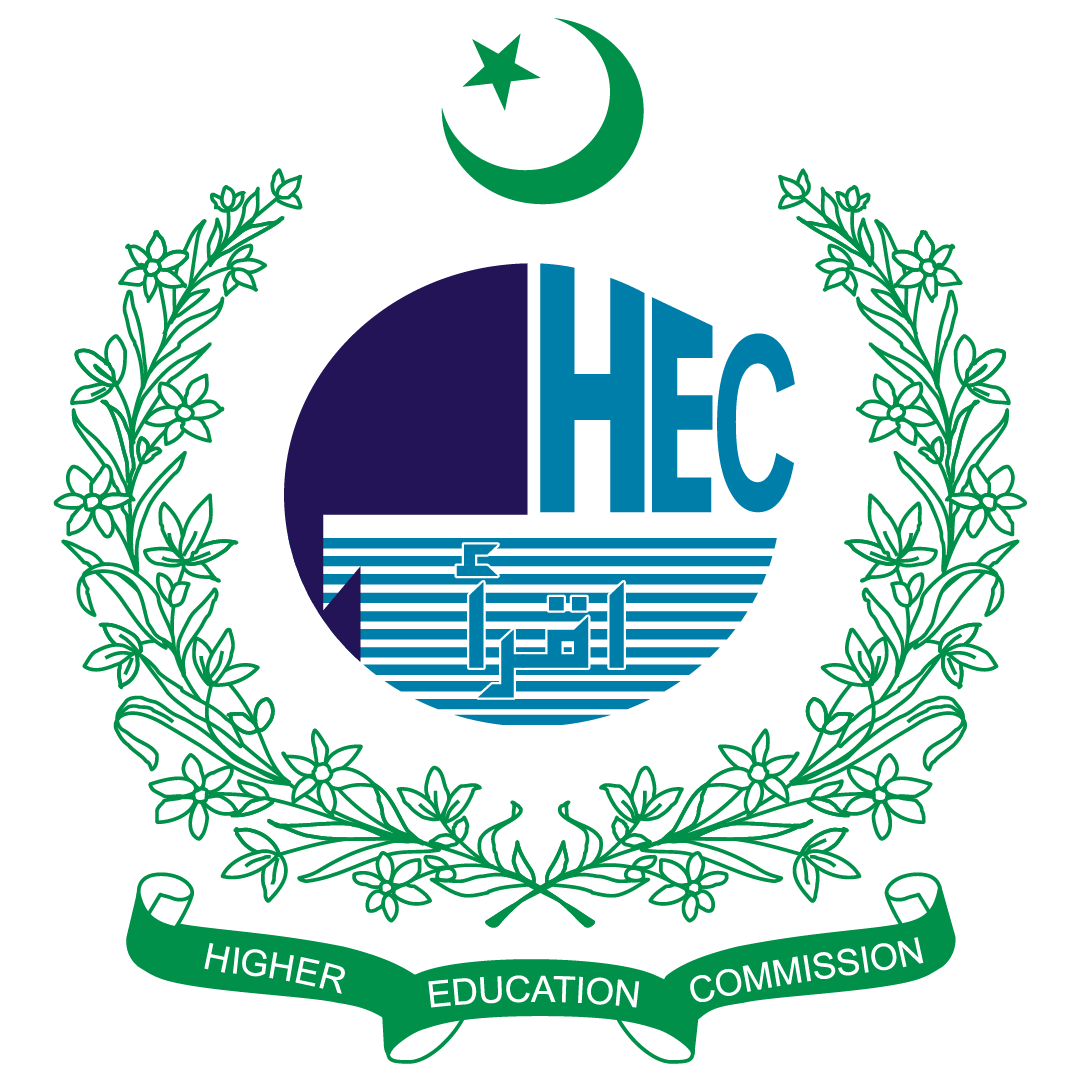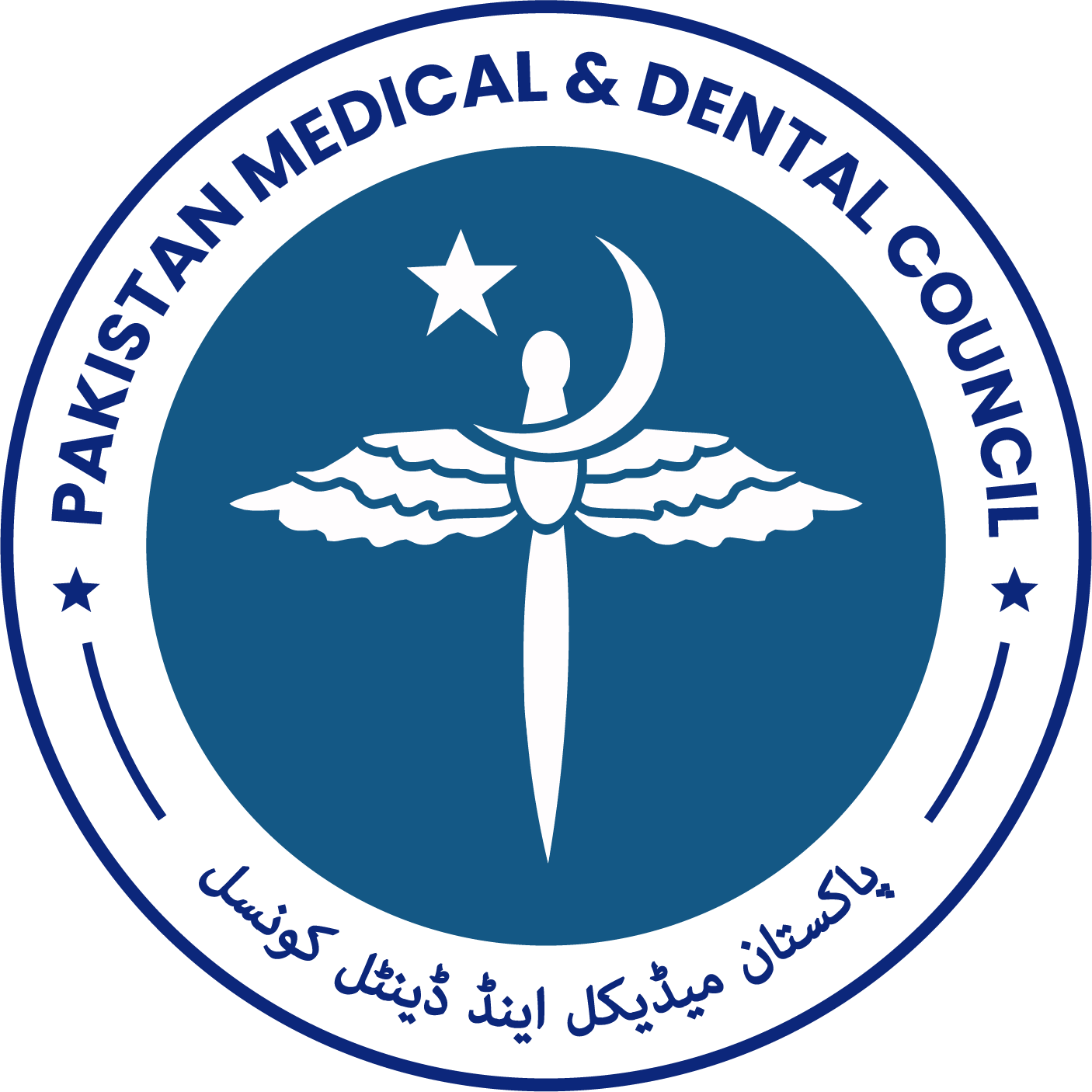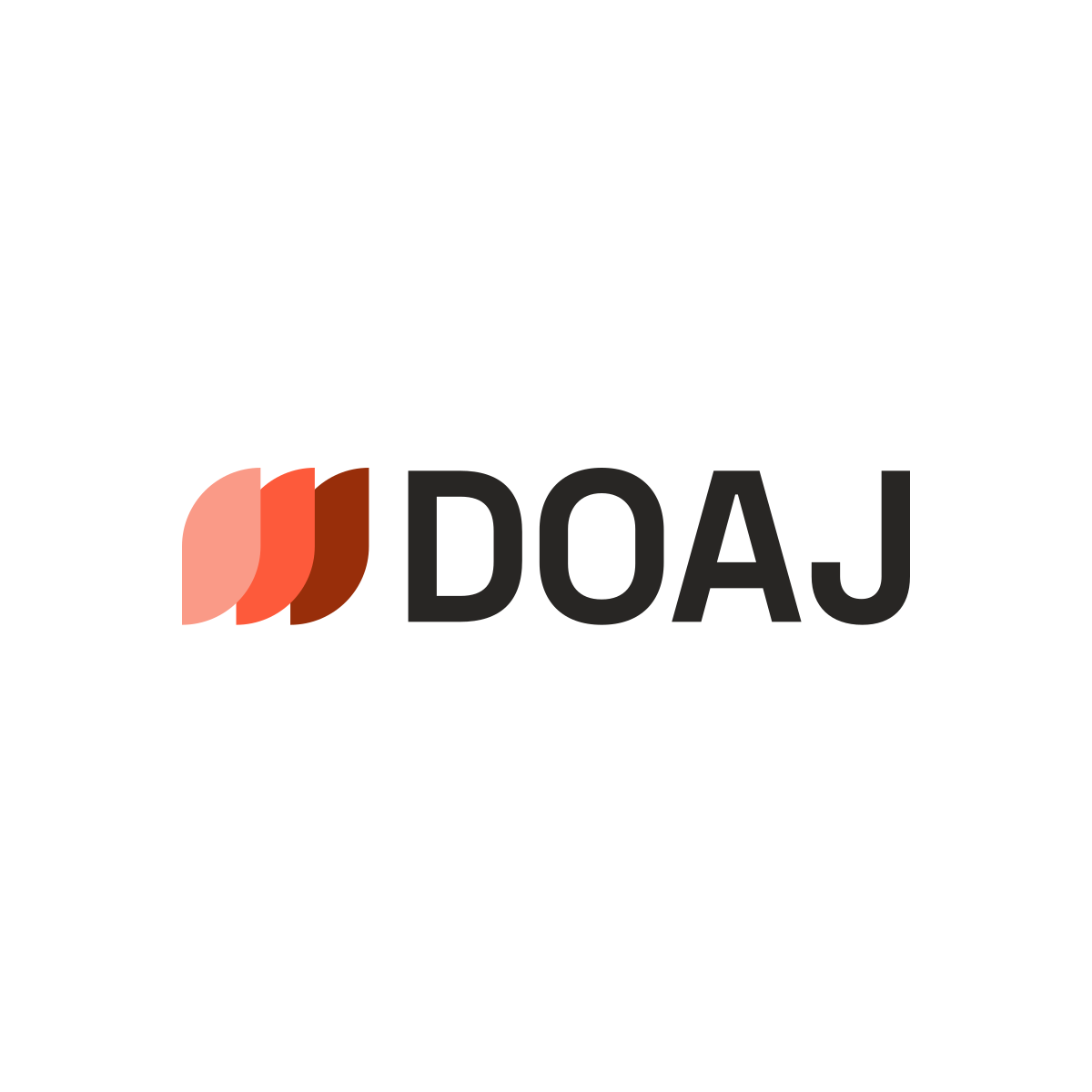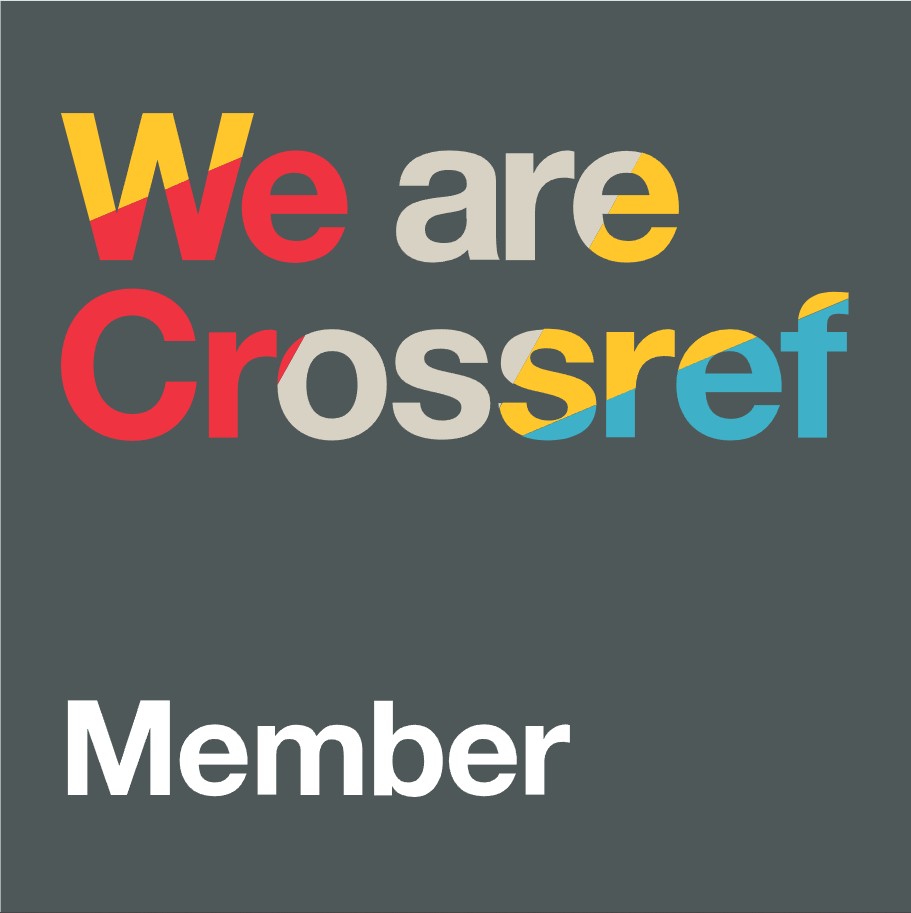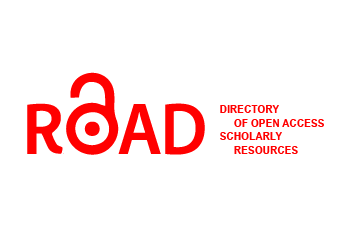The Decline of Research Integrity in Pakistan: Causes, Consequences, and the Way Forward
DOI:
https://doi.org/10.37185/LnS.1.1.1065Keywords:
Research Integrity, Causes, ConsequencesAbstract
The Research Integrity Risk Index, a metric designed by Professor Lokman Meho at the American University of Beirut, identifies institutions where research integrity may be compromised, on the basis of three parameters a) articles removed from Scopus or Web of Science, after publication, for failing to meet standards of scientific rigor; 2) the number of articles retracted per 1,000 publications due to various ethical violations and 3) the number of self-citations from an institution.1 The universities with more than fifteen hundred publications in two years are graded on a five-tier scale ranging from ‘red flag’ to ‘low risk”. Alarmingly, of the 24 universities analysed from Pakistan, only one falls in the low-risk and one within the normal variations category. The remaining universities lie in the red flag (N=6); high risk (N=12), and watch list (N=4) categories. The proportion of retractions from Pakistan is reported at 0.18% with the proportion of retractions related to the subset of Medicine is 0.16%.2
This data should serve as a wake-up call, prompting serious reflection on our current academic research practices by the Universities, the Higher Education Commission and other relevant regulatory bodies. While the pressure to publish, “publish or perish”, exists for researchers across the globe, data shows a disproportionate level of red flags in South Asia, including Pakistan, specifically for multidisciplinary universities. So why are we deviating so significantly from the ethical research norms? In Pakistani universities, the reasons are most likely multiple and varied. The emphasis on university rankings is exerting pressure on the faculty to publish. Some universities pay or reward faculty for publications to enhance institutional metrics (rankings, citations, output), thus linking research output to financial reward. This has resulted in an emphasis of quantity over quality, in turn leading to methodologically weak or poorly designed studies and even data fabrication. This is accompanied by an increase in ghost authorship, with principal investigators facing institutional or social pressure to include friends and colleagues as co-authors without meaningful contribution. In some cases, faculty with weak research credentials seeking promotion are turning to networks that offer co-authorships for a fee, often for fraudulent studies.
In addition to the above, many researchers, especially early-career ones and students, simply lack formal education on ethical standards in research. Students are also under pressure to produce positive results, leading to data fabrication and manipulation. Unintentional breaches occur where there is no understanding of what may be classified as misconduct (e.g., self-plagiarism, image manipulation). Furthermore, poor role-modelling from teachers and research supervisors is resulting in the perpetuation and normalization of misconduct among successive generations of researchers. In many universities and institutes, Institutional Review Board and Ethics Committee (IRB&ECs), exist in name only, and the scrutiny required to ensure robust, safe and ethical research is missing. A lack of accountability at universities, discouragement of whistleblowing or discussion on misconduct is also a contributing factor in the erosion of scientific integrity in our universities.
Scientific misconduct, in whichever shape or form, has far-reaching consequences that extend beyond the individual researcher. It erodes trust in science and fuels skepticism toward legitimate research, leading to reluctance to support science-based policies or interventions. This was vividly demonstrated during the COVID-19 pandemic, when misinformation and a lack of trust in scientific institutions contributed to widespread vaccine hesitancy. At the level of academic institutions, there is a loss of credibility that affects international student admissions, academic and research collaborations and partnerships, and global rankings. Moreover, honest researchers get demoralised or disillusioned, and are seeking jobs abroad, thereby contributing to the brain drain in the country.
Preventing scientific misconduct in the country, needs a proactive overhaul, that emphasizes education, transparency and accountability, of the prevailing research culture. Universities must play a central role in shaping the ethical conduct of researchers. A culture must be fostered where universities value rigor over rankings and that reward quality and societal impact over mere publication numbers. Scrutiny of researchers who somehow manage to publish over the normal expected numbers of papers must be carried out. Mandatory research ethics training should be incorporated into undergraduate, postgraduate, and faculty development programs. Research supervisors particularly need to be trained to act as ethical role models, demonstrating integrity in every stage of research. Institutional policies that accept and validate negative or null results should be developed to discourage selective reporting or data fabrication. The IRB&ECs should be independent and autonomous bodies that function transparently and are immune to external pressures. Robust oversight mechanisms should be established and Institutional policies should clearly define misconduct, outline reporting procedures, and emphasize accountability.
Preventing scientific misconduct can only be achieved through the creation of a transparent and ethical academic culture that embeds integrity into every aspect of academic life. Universities, as the custodians of knowledge and innovation, bear the responsibility of ensuring that research integrity is the norm, not the exception.
Editor-in-Chief
How to cite this: Alamgir W, Mohyuddin A. The Decline of Research Integrity in Pakistan: Causes, Consequences, and the Way Forward. Life and Science. 2025; 6(4): 428-429 .doi: http://doi.org/10.37185/LnS.1.1.1065



